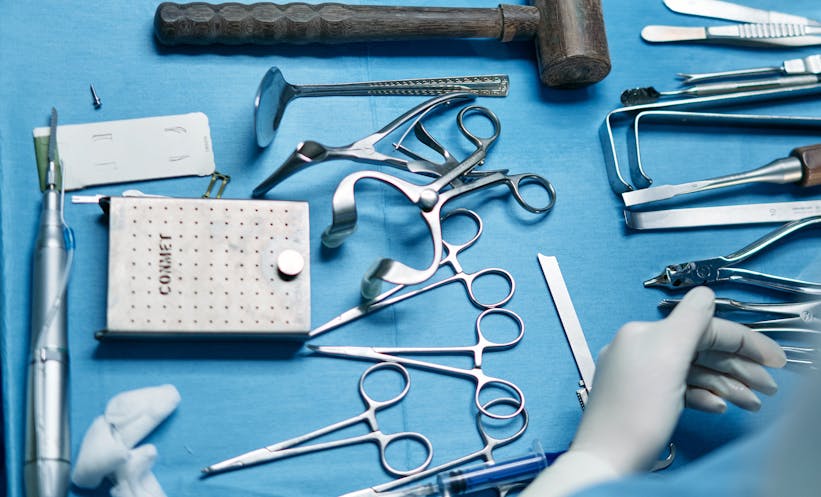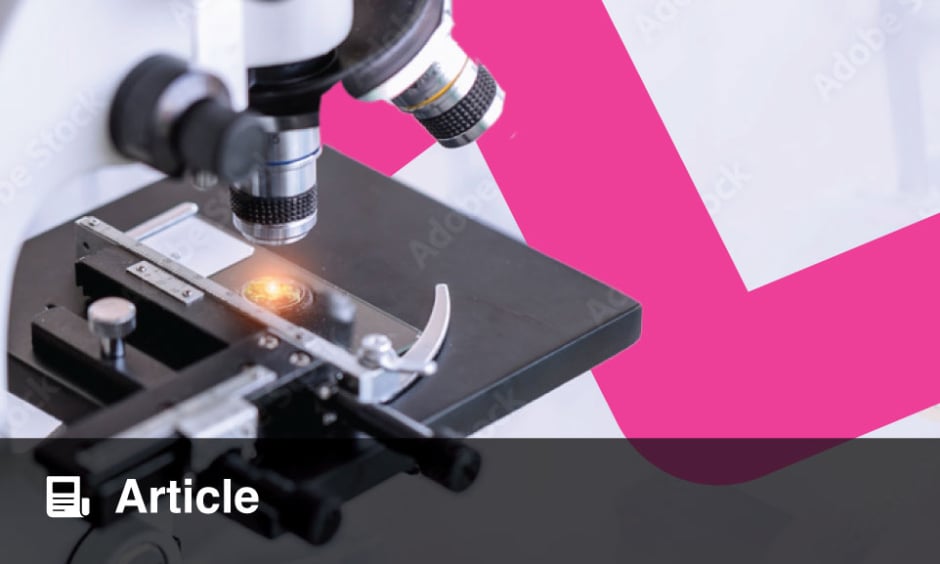A SIMPLE pre-surgical prevention protocol has the ability to reduce post-surgical infections, according to a recent study. Surgical site infections (SSI) often have deadly consequences for patients, and occur by the thousands each year. Experiencing an SSI can make a patient’s risk of death 11-times higher than it would be otherwise. SSIs also come with a significant financial burden, with the average hospital stay extended by nearly 10 days and an estimated 20,000 USD in additional hospitalisation costs per patient.
Currently, there are several protocols to help prevent SSIs in hospitals; however, lack of patient compliance, high costs, and bacterial resistance can reduce their utility and effectiveness. In order to combat this, a research team led by Lisa Saidel-Odes, Soroka University Medical Center, Negev, Israel, analysed the results of a protocol designed to reduce SSIs through a particular focus on the Staphylococcus aureus pathogen. The approach involved a pre-surgical intranasal application of povidone-iodine and skin antisepsis using chlorhexidine gluconate. The team evaluated 688 adult patients who had undergone hip or knee arthroplasty or spine surgery between February 2018–October 2021. Outcomes were compared to a retrospective cohort study, involving patients treated before the povidone-iodine component of the protocol was implemented. Patient outcomes were tracked for 90 days after surgery.
Utilising this intervention prior to surgery helped to address the issue of S. aureus prevalence, as it is found in roughly 30% of the population. The pre-surgical protocol successfully eradicated S. aureus in nearly 40% of patients found to already possess the pathogen. This is important for patient outcomes, as presence of S. aureus within a day of surgery was associated with a three-fold risk of developing an SSI.
Overall, the study showed a significant decrease in severe SSIs experienced by patients receiving the newer protocol. Saidel-Odes commented: “Our study clearly shows that we can prevent surgical site infections and keep patients safer through the use of a simple pre-surgical nasal application of povidone-iodine in combination with standard chlorhexidine gluconate bathing.”








